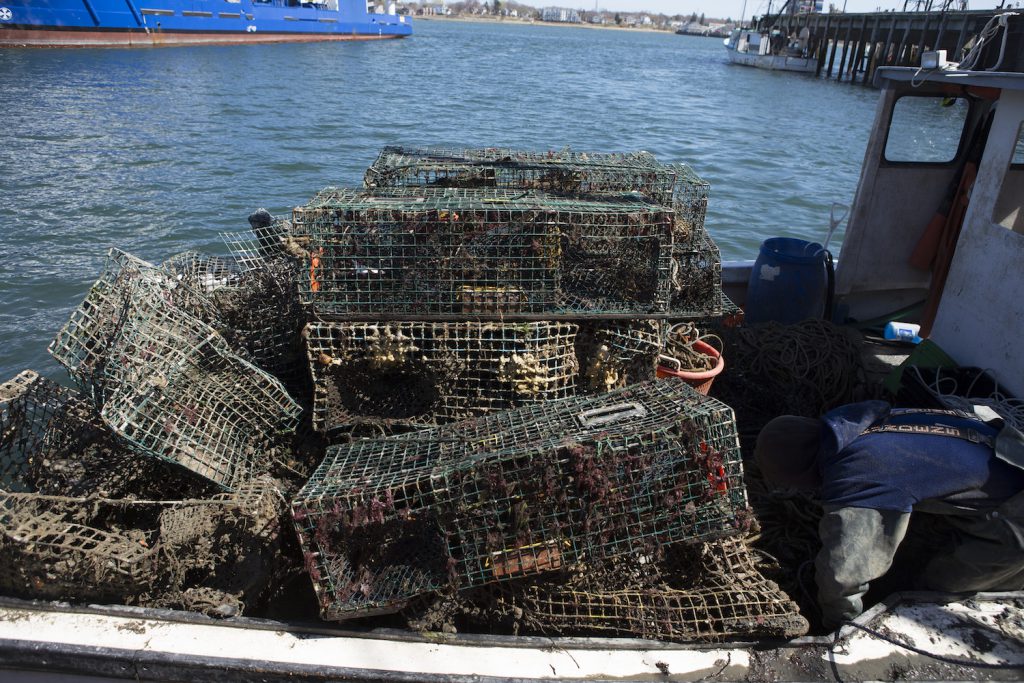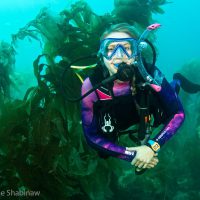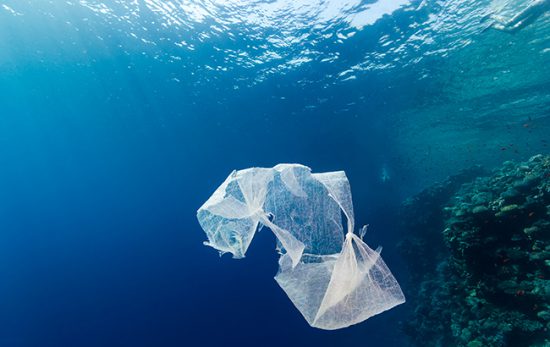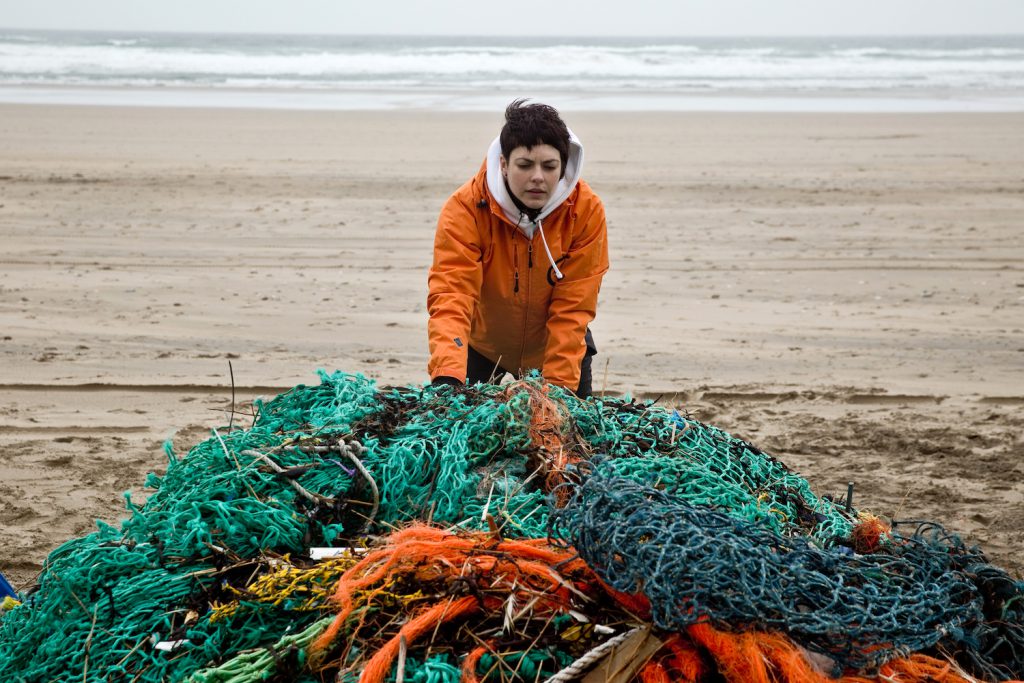
PADI® has joined the Global Ghost Gear Initiative (GGGI), the first global alliance working to solve the worldwide problem of lost and abandoned fishing gear, known as ghost gear. Founded by World Animal Protection in 2015, the GGGI works to reduce the volume of ghost gear, remove and recycle such gear, and rescue entangled animals. Together with the GGGI, the PADI community of divers can magnify these efforts by looking for and reporting harmful ghost gear that annually entangles and kills marine life including hundreds of thousands of whales, seals, turtles and birds.
GHOST GEAR: fishing equipment which has been abandoned or lost and is now causing harm to fisheries and ocean ecosystems. Ghost gear entangles marine wildlife, adds to ocean waste, and creates costly expenses and hazards for marine communities.
PADI joins the GGGI as a member of its global solutions group to help develop new ways of mitigating the ghost gear problem. This complements the efforts of PADI’s long-standing conservation partner, Project AWARE®, which actively works as a GGGI member to build evidence through programs like Dive Against Debris®. The GGGI and PADI will together develop and implement projects to reduce and remove ghost gear from the ocean. In the coming months, look for information and techniques to identify, report and, with proper training, safely remove ghost gear from waters.
More than 640,000 tons of fishing equipment is left in the world’s oceans each year, with reports showing that this debris affects more than 800 species of marine life. Many nets lost in global waters are enormous – often far bigger than football fields – trapping and killing marine life under the surface. Mostly made of plastic, ghost gear is also highly durable and can persist in the oceans for up to 600 years.
“We are happy to team up with the Global Ghost Gear Initiative,” says Drew Richardson, PADI Worldwide President and CEO. “PADI is committed to protecting the ocean planet and, with our unique underwater vantage, the dive community can play a significant role in locating marine debris. Along with Project AWARE, we look forward to working with the GGGI to empower and mobilize PADI Divers to join the fight against ghost gear.”
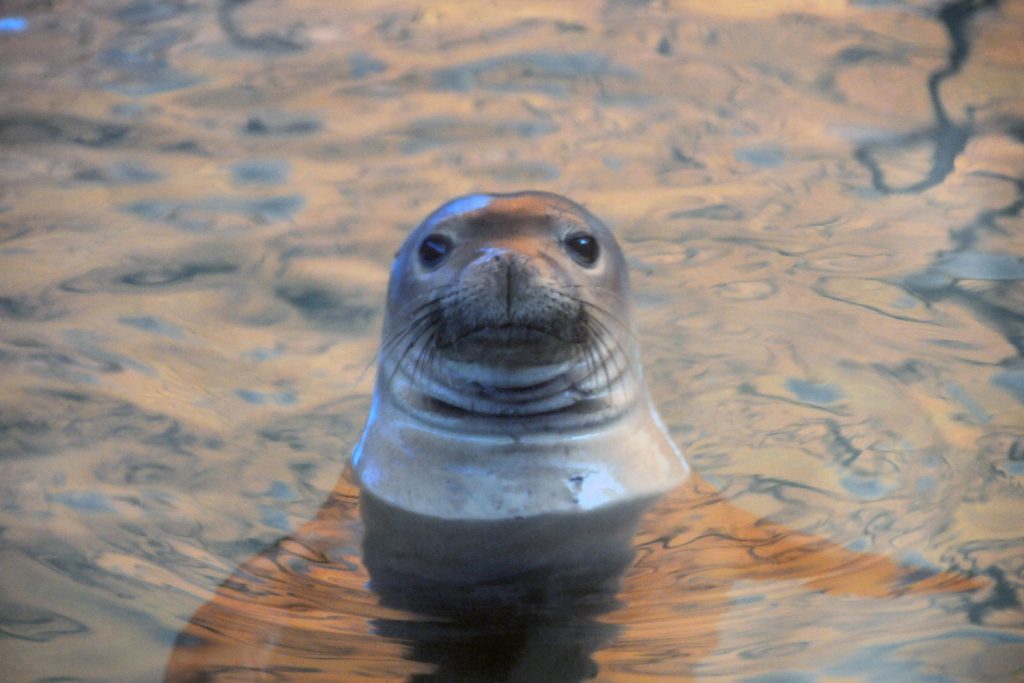
“We are proud to welcome PADI, with its millions of underwater eyes around the world looking out for ghost gear, as a pivotal new member for the GGGI,” said Elizabeth Hogan, U.S. Oceans & Wildlife Campaign Manager at World Animal Protection, the GGGI’s founding participant. “Ghost gear is a true global problem that knows no borders, and PADI will surely play a crucial role in helping us to locate, remove and recycle ghost gear, which causes such immense suffering for marine animals.”
To learn more about ghost gear and the Global Ghost Gear Initiative, visit www.ghostgear.org.
For more information about PADI’s commitment to ocean health and marine animal protection through its Four Pillars of Change, click here.
